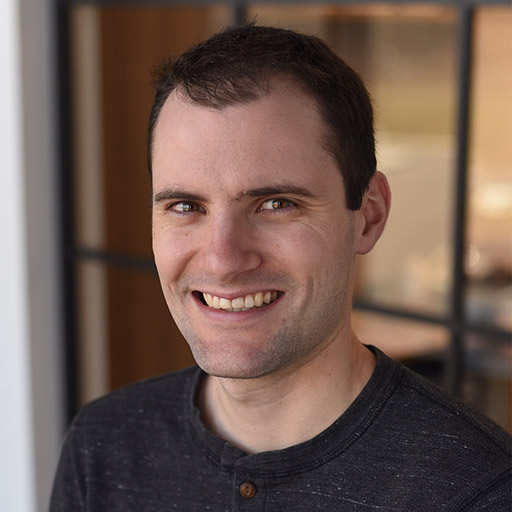I like to think that after 5 internships, I hold a few records at SEP. For instance, I have had more first-days at SEP than anyone else, and consequently I have had the most exit-interviews as well. I am the resident expert on New Hire Cookouts and receive more E-bucks every year than a full-time employee. I have filled out about 10 SEP New Hire bingo cards, and with them I have acquired an entire wardrobe of SEP swag. Most of all, I have earned the prestigious, self-proclaimed title of Senior Intern.
Although achieving the status of Senior Intern is quite the accomplishment, that’s not why I have returned to SEP every year. I come back to SEP because every internship has been unique and challenged me to grow in new ways.
SEP is a unique place to work. Everyone here who has worked on multiple projects knows that each one is different. That doesn’t sound like a very profound statement, but it’s a variety that not a lot of companies have. Every team that an employee is assigned to has a different team size, client, technology, process, team members, and team leaders. All of these factors play a part in creating what I call the team’s “atmosphere.” The atmosphere of a team at SEP can vary significantly from that of other teams: working on a team of 2 provides a very different experience than working on a team of 8, and developing an iOS app is much different from writing a web application or working on a server for the backend of a product.
This idea of every team having a different atmosphere is pretty straightforward, but it becomes more significant when interns come into the picture. The primary jobs of an intern differ from those of a full-time employee. A large part of an intern’s job is to analyze and evaluate the company at which they are interning to see if that company is a place where they would want to work full time. Considering that interns only have a couple of months to experience a company and make a decision about working there, interns often have to make some generalizations about the entire company based on what they experience during their internship. For example, some interns may not enjoy the technology that they are using for the summer, and so they may decide to work at another company with the hope of finding something they enjoy more. However, to develop an opinion of SEP based on an aspect of a single team (good or bad), does not make much sense to those who know how diverse SEP is across its teams. Interns only experience SEP though their one team though, so as far as they are concerned, their team’s “atmosphere” is the best representation of what SEP’s “culture” is.
SEP’s culture is a topic that a lot of people talk about, but one that is not all that well defined. The way I see it, every team at SEP is like a lens through which some of SEP’s culture can be seen. In art class, we used to draw objects from different angles around the classroom, and (shockingly), when we moved around the object, we saw a new side of it that we never saw before. This new back side of the object is no less a part of the entirety of the object than the front of the object is and it doesn’t diminish the importance of any other side of it. The same is true for SEP. After working on a few different teams, someone has a better idea of what the culture of SEP is than before. There are a lot of aspects of SEP’s culture that are consistent throughout most – if not all – of the teams here such as an emphasis on learning and a desire to grow.
This idea of interns having only a fixed perspective of SEP instead of a well-rounded one is probably not a huge problem. Most interns thoroughly enjoy their time at SEP from what I have seen, but this is something interesting to consider as we think about our internship program in the future. As I said before, the diversity across projects is one of the most attractive qualities that SEP has, so if SEP wants the interns to have a proper understanding of the company as a whole, interns need to see more than just their team.
Any intern that works at SEP for an entire summer will in some way see the diversity of the company. If there really are aspects of their team that they don’t like and they want to try a different company, then SEP probably was not a good fit for them.
For the interns that read this: don’t be confined by your team “bubble.” Take the initiative to experience SEP while you have the chance. Ask questions about other projects, sit with different people at lunch, go to the events in the commons, and see SEP from as many perspectives as you can.
Senior Intern – Joe Coy
